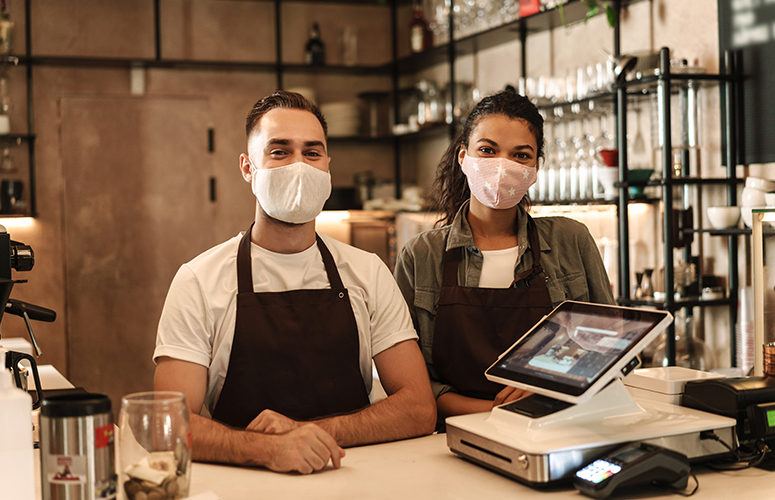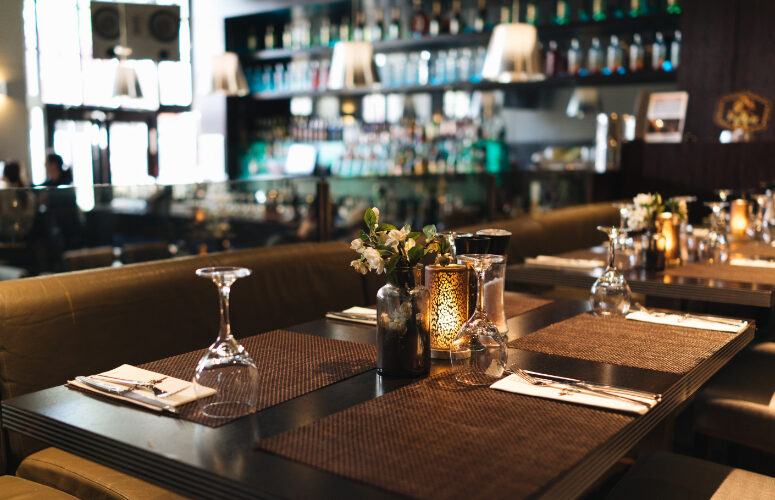
Getting Back to Business
By Michele N. Siekerka, NJBIA President and CEO On Sep 29, 2020The governor’s decision to allow limited indoor dining to resume on Labor Day weekend offered a glimmer of hope to many New Jersey restaurant owners who had endured a six-month, government-ordered shutdown. But for others, it was too little too late.
Some remained closed because complying with an executive order that limited indoor dining to 25% of restaurant capacity would have been a money-losing proposition. Many did reopen, but they cannot sustain operations over the long haul if indoor capacity restrictions aren’t eased soon – before their outdoor dining revenues dissipate with the onset of colder weather.
New Jersey’s $18.2 billion restaurant industry, and the 228,000 jobs it provided until COVID-19, isn’t the only sector impacted by restrictions that limit customers, and the ability of business owners and employees to earn a living. Microbreweries, salons, health and fitness centers, casinos, and indoor recreation businesses (dance studios, gymnastics, etc.) are also under a 25% capacity restriction as this goes to press. Retail stores are restricted to 50% capacity.
The upshot is that while many New Jersey businesses are open in some form, New Jersey has not fully reopened for business. And this prolonged economic pause – even as state health data continues to trend in a positive direction – has profoundly affected businesses, their employees, and ultimately the state budget, which needs the revenues generated by a healthy economy in order to afford the programs New Jersey residents depend on.
New Jersey’s gross domestic product (GDP) shrank 5.5% during the first quarter of 2020 and GDP contraction is likely to be worse than the national average for the second quarter due to mandatory stay-at-home orders and non-essential business closures after COVID-19 hit. More than 33% of New Jersey’s civilian labor force, or 1.5 million people, have filed for unemployment insurance since March, when the pandemic began.
At this writing, the Legislature was reviewing the governor’s proposed state budget – a $40.1 billion spending plan that calls for $1 billion in unnecessary tax increases for the 2021 fiscal year. NJBIA has stressed that businesses have already sacrificed their revenues and livelihoods to prevent the spread of coronavirus during prolonged operational shutdowns earlier this year. Increasing taxes on them would be both wrong and counterproductive.
A successful post-COVID-19 economic recovery depends on the ability of New Jersey businesses to drive economic growth and create jobs – something they cannot do with an increased tax burden and operating at only 25% or even 50% capacity. Notably, 83% of respondents in NJBIA’s recent Coronavirus Recovery Survey said they need more than half of their customers just to break even every month.
Positive New Jersey health data trends warrant easing operating restrictions on businesses, which are already showing us they can open safely following the guidelines from the Centers for Disease Control and Prevention to protect customers and employees. If pockets of COVID-19 cases should emerge later this fall, New Jersey can better balance public health and economic health by utilizing the regional approach we have urged policymakers to embrace when making closure decisions, instead of the statewide one-size-fits-all strategy used before.
The Murphy administration has already acknowledged that regional planning works because its school reopening guidelines use data from six regions to inform local decisions. The same sensible regional approach should also be used to guide future decisions affecting tens of thousands of New Jersey business owners, the millions of people they employ, and ultimately the economic future of this state.
To access more business news, visit NJB News Now.
Related Articles:





